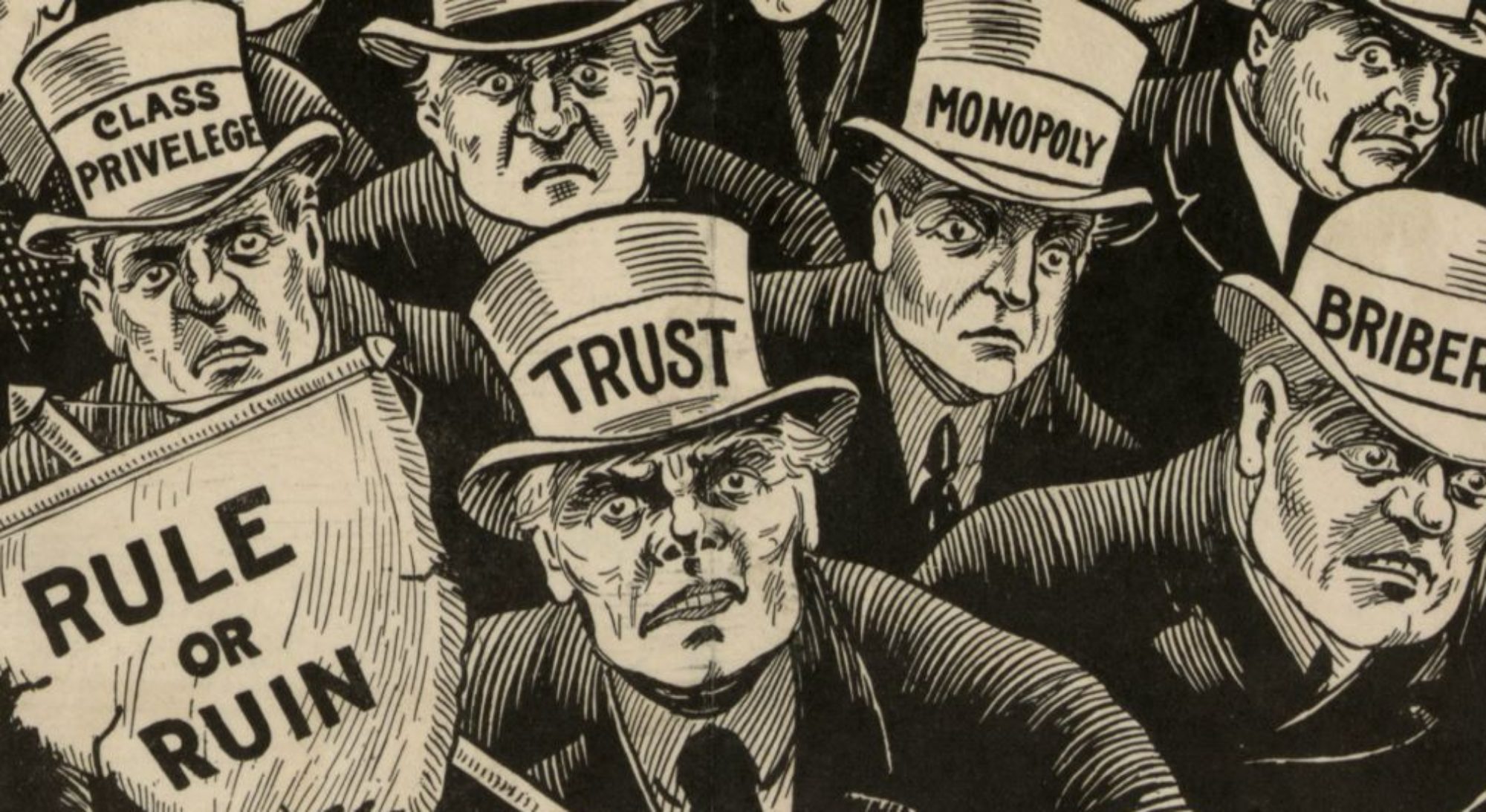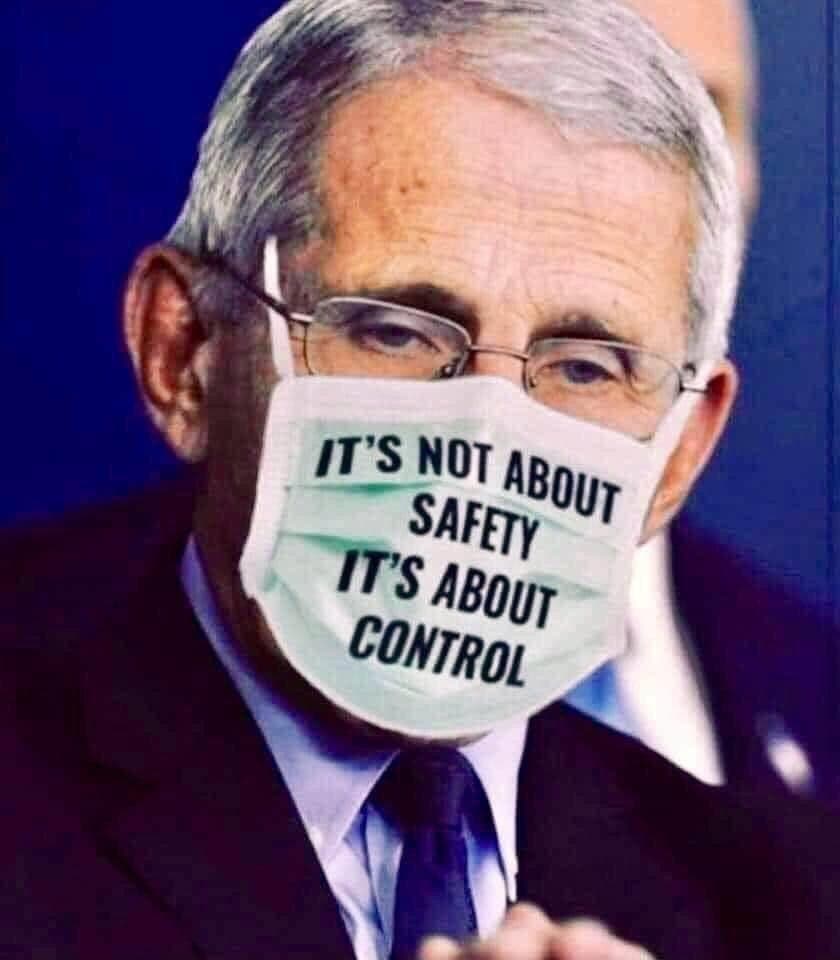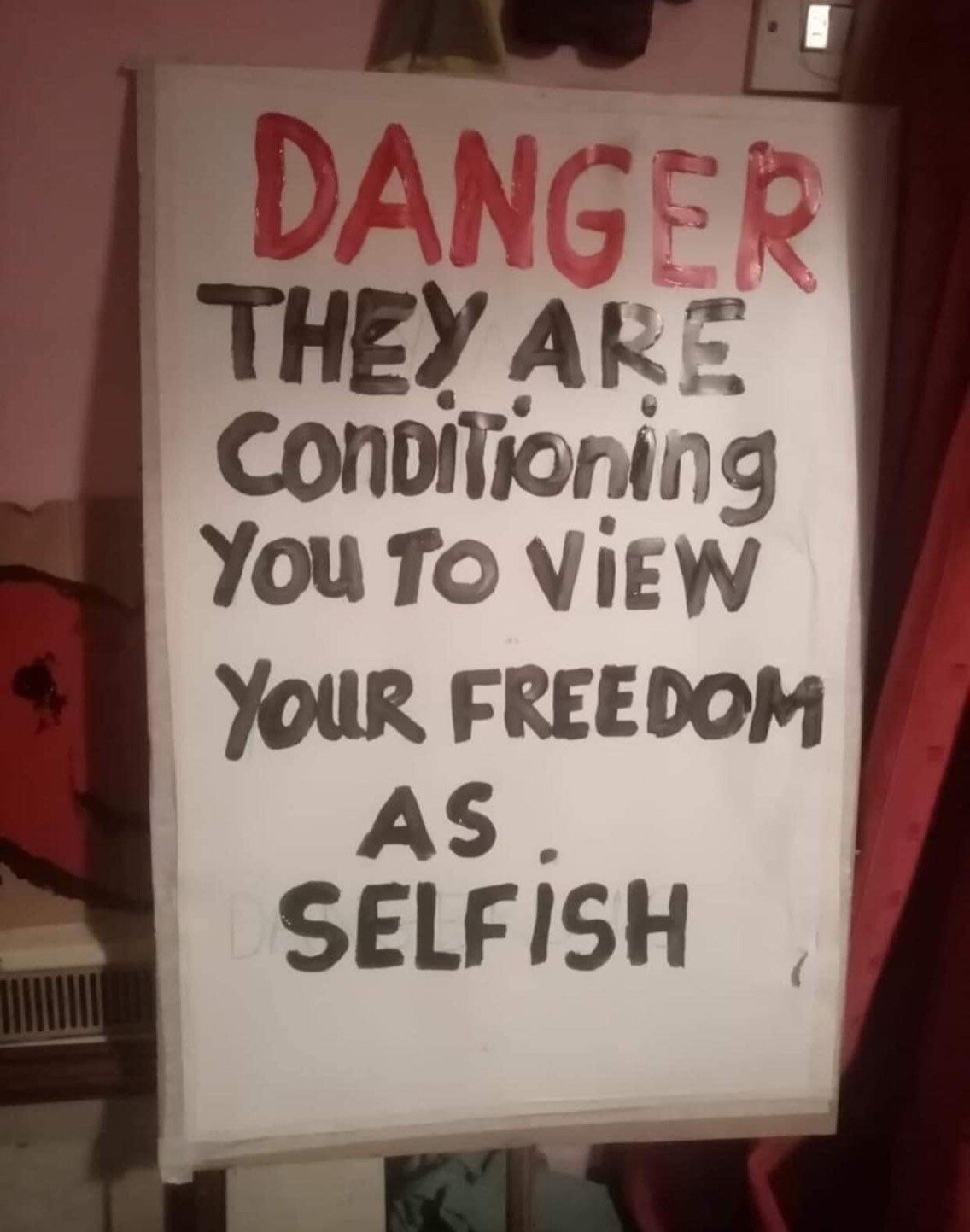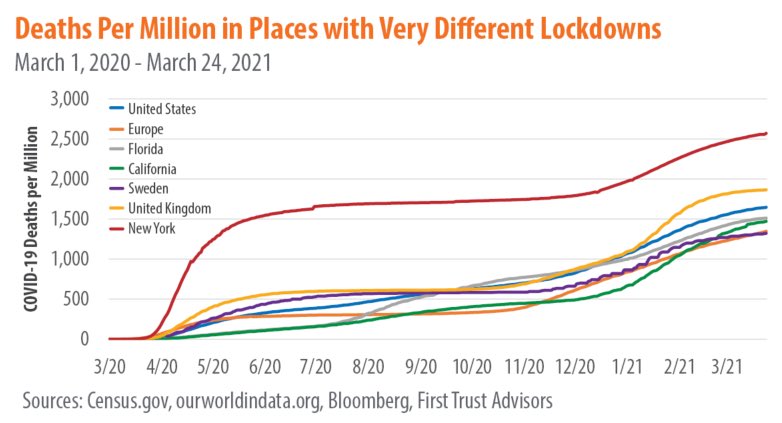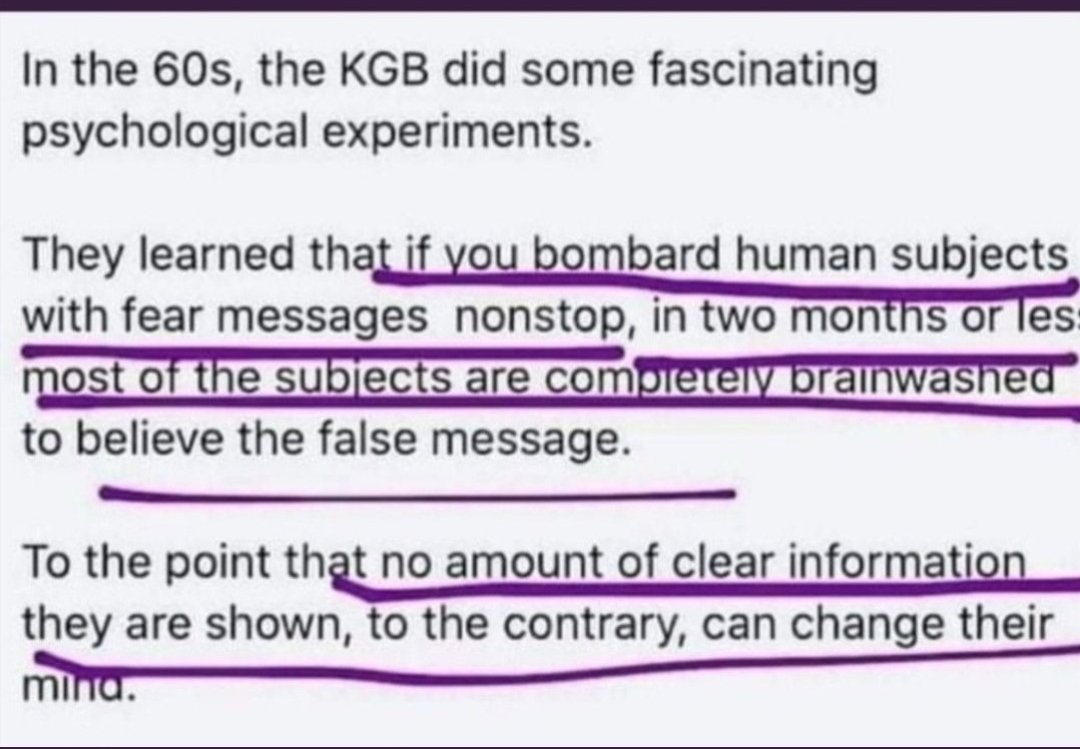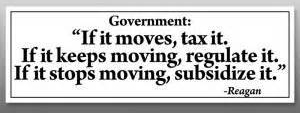Recall the Biblical story about the temptation of Jesus by Satan in the wilderness. After fasting for 40 days, Jesus was presented with three specific tests.
The tests all appear to be an attack on Christ’s identity. “If you are the Son of God” (prove your power by turning the stones to bread). “If you are the Son of God” (prove God’s prophetic word about you). And finally, “worship me” and I will give you lordship over the kingdoms of the world (contradicting God’s prophetic promises about who Jesus was, again, his identity).
At no point does Satan ask Jesus what he would want. At no point was there ever negotiation. Here’s the offer. Take it or leave it.
Satan’s tactics have not changed much. Only his methods. His goal is still the same for those called to Christ’s kingdom, and it’s occurring on a scale like never before.
Christians rarely make it past the first test, that of turning a stone into bread.
“Wait, what? Nobody is asking me to do that!”, you say.
When Jesus responded to Satan, he was quoting Deuteronomy 8:3
“He humbled you, causing you to hunger and then feeding you with manna… to teach you that man does not live on bread alone but on every word that comes from the mouth of the Lord.”
Deuteronomy 8:3
You’ve been made hungry all right. You’ve been purposely starved for a return to normalcy. At various places around the world we’ve seen a progression of mitigations imposed by self-important dictators:
- 14 days to stop the spread.
- Then months of lockdown.
- Then months of masks.
- Then more months of lockdown.
- Then the jab.
- Then broken promises about the jab.
- Then more months of masks.
- Then no public venues without proof of the jab.
- Then no job without the jab.
- Now another jab…
We were promised that if we performed well at each step that we’d finally achieve some return to a normal life (the New Normal ™).
Yet the goalposts keep being moved.
What does this have to do with being tempted by Satan in the wilderness?
They keep assuring us at each stage, that if we follow the science, and OBEY, we can stop the spread, achieve herd immunity, and get back to normal. Using our collective will, effort, and FAITH, trusting the (ever changing) science, we will perform a miracle in 18 months that has never been done before.
In essence, turning this rock we’ve been handed into bread through compliance.
It’s all a social conditioning program using the full gamut of psychological manipulation techniques. It doesn’t end there.
Now that we’ve been conditioned to obey in order to get a reward, like rats in a maze, and effective behavioral controls have been accepted by the masses, the goal posts will continue to be moved until the ultimate goal is achieved – and unfortunately, compliant Christians are going right along with the plan.
The Christian effectively looses his identity to that of the collective.
The devil is constantly exerting every wicked scheme, every evil strategy, every clever ruse he can come up with to distort this basic truth of the Christian message. The Christian church’s history demonstrates how the devil has tried to distort the fundamental truth of the gospel by twisting it so that it appears to be something else.
The Lie of the Antichrist by Wybren H. Oord
They arrested Pastor Artur Pawlowski in Canada for preaching the gospel, feeding the homeless & baptizing his daughter.
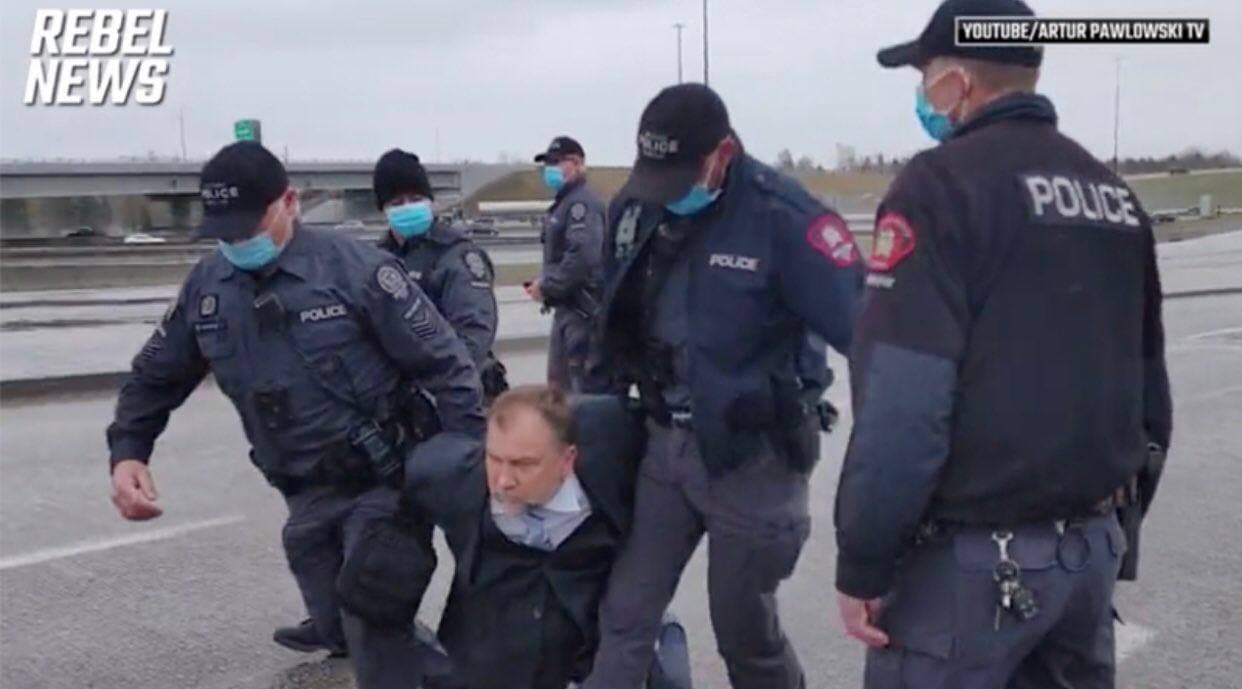

All this I will give you,” he said, “if you will bow down and worship me.”
The Devil
